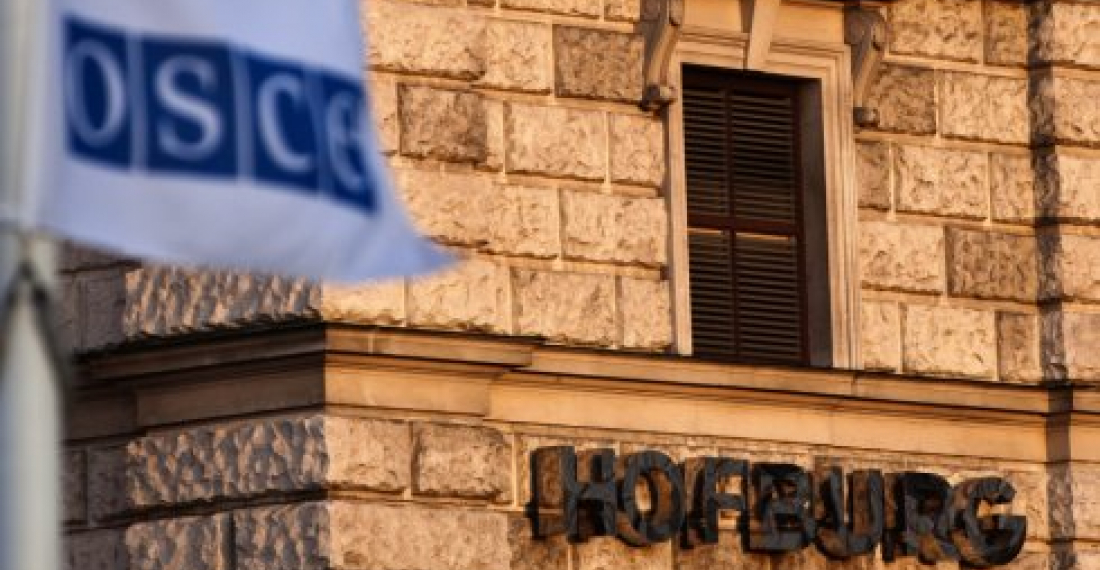The international community has been expressing its negative assessment of the decision of the OSCE Permanent Council, meeting in Vienna last Thursday (4 May) not to renew the mandate of the office of the Organisation for Security and Co-operation in Europe (OSCE) in Yerevan. The OSCE Permanent Council operates on a consensus basis, and despite months of negotiations Azerbaijan continued to veto the extension of the mandate
The position of the European Union was summarised in a statement by Maja Kocijančič, Spokesperson for EU Foreign Affairs and Security Policy.
She said:
We pay tribute to the efforts of the successive OSCE Chairmanships, Germany and now Austria, who have worked to resolve the issue of the wording of the OSCE decision to extend the mandate of the OSCE Office in Yerevan. We have supported these efforts. It is of utmost importance to find an agreement on the extension. OSCE field presences are important tools to promote the implementation of the principles of the OSCE. The European Union is fully committed to support their work. The OSCE Office in Yerevan, which is an asset of the OSCE as a whole, is now at risk.
The Yerevan Office is the last remaining OSCE presence in the South Caucasus. The European Union supports a meaningful OSCE presence in all South Caucasus countries. The OSCE Office in Yerevan is performing its important role to the satisfaction of the host country, Armenia. The concerns raised by Azerbaijan, that the Office in Yerevan should not be involved in activities related to conflict, have been addressed in the proposal made by the Austrian chairmanship, and the host country has accepted that solution. It is disappointing that this was to no avail. The problem of wording that causes the current stalemate should not constitute an obstacle to the extension of the mandate of the Office in Yerevan. We call on all involved to show additional resolve, so that a solution can still be found quickly.
Speaking at the Meeting of the OSCE Permanent Council on 4 May, the Charge d'Affaires, at the United States Mission to the OSCE, Kate Byrnes, stated,
We appreciate the determined effort of both the German and Austrian Chairmanships to resolve the impasse over the extension of the mandate of the OSCE Office in Yerevan. We regret that Azerbaijan refused to agree to extend the mandate unless the Office ended its humanitarian demining-related activities. Armenia, in the spirit of compromise, agreed that the Office in Yerevan would end these activities. Despite months of effort by the Chairmanship, it could not find language satisfactory to all participating States regarding a Permanent Council decision extending the mandate of the Office.
We recognize the Armenian government's cooperation with the OSCE. The Office in Yerevan has played an important role in supporting the host country with implementation of its OSCE commitments in all three dimensions. The Office's promotion of community policing; assistance with tax and regulatory reform; and support for human rights defenders, women's equality and media freedom, were bringing about positive results.
The United States encourages the OSCE to continue cooperation with the Republic of Armenia - with both the government and civil society. We call on the Chairmanship and the Secretary General to explore new ways of maintaining an OSCE presence in Armenia, and throughout the South Caucasus.
source: commonspace.eu with the Spokesperson service of the European External Action Service and the website of the US Mission to the OSCE
RELATED CONTENT







